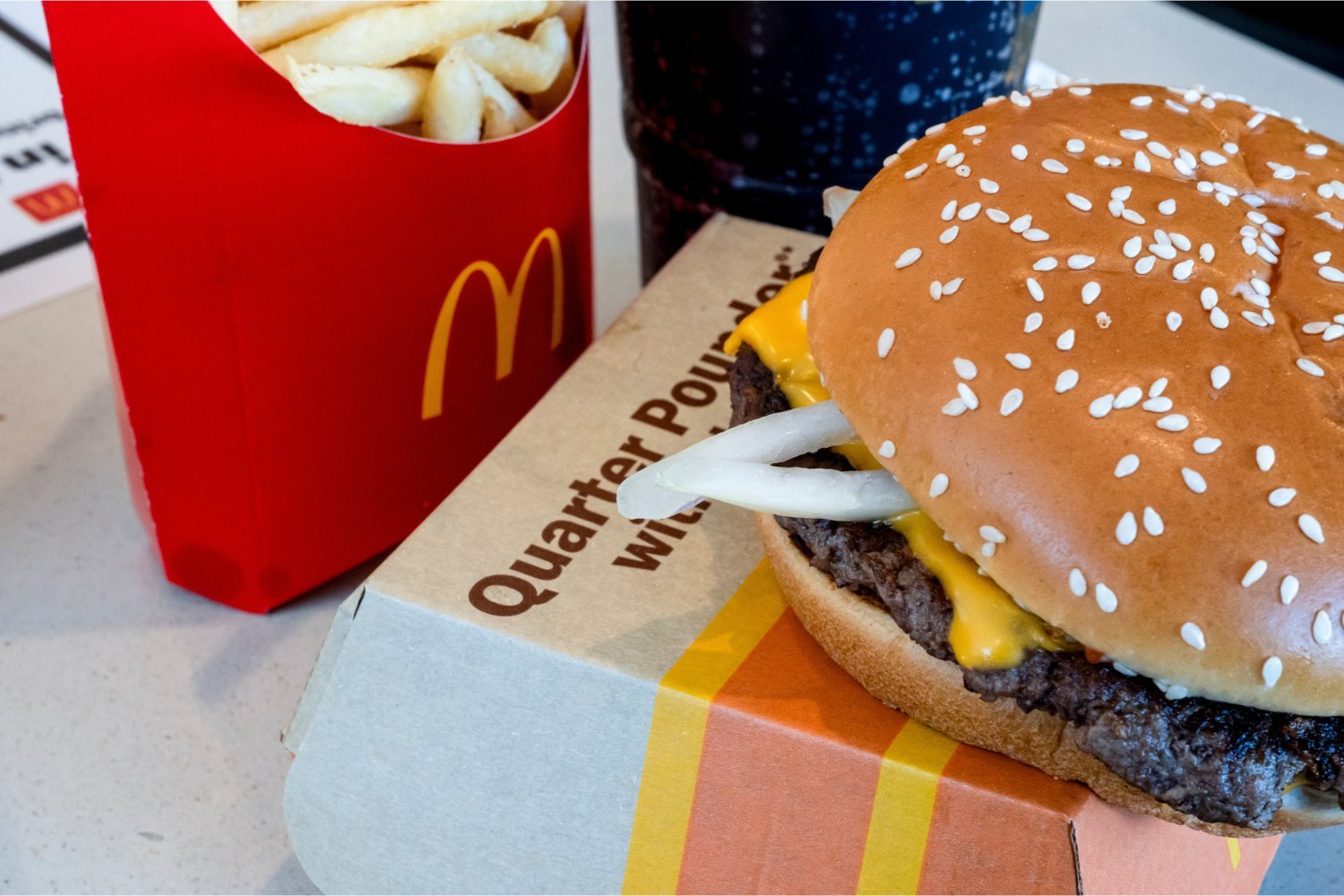The recent E. coli outbreak connected to McDonald’s Quarter Pounders and their onions has prompted other fast food chains, including Burger King, KFC, and Taco Bell, to take precautionary measures. The outbreak, initially reported by the U.S. Centers for Disease Control and Prevention (CDC), has affected at least 49 individuals across ten states, resulting in ten hospitalizations and one fatality.
McDonald’s and the Onion Supplier
While most reported cases involve individuals who consumed Quarter Pounders, both health officials and McDonald’s suspect the “fresh slivered” onions as the source of the E. coli contamination. McDonald’s has identified Taylor Farms, specifically a facility in Colorado, as the sole supplier of these onions. This has led to a ripple effect across the fast food industry.
Preemptive Action by Other Chains
Burger King, Taco Bell, KFC, and Pizza Hut have proactively removed onions from some of their locations. Although these actions appear preventative, a Burger King spokesperson revealed that a small percentage (5%) of their onion supply is sourced from the same Taylor Farms facility in Colorado. Despite no reported illnesses or contact from health authorities, Burger King instructed these restaurants to discard the onions and restock from alternate suppliers.
Onion Recall and Taylor Farms’ Response
U.S. Foods, a distributor (not a McDonald’s supplier), informed its customers of a recall by Taylor Farms for four onion products due to potential E. coli contamination. While not directly linked to the outbreak, this recall underscores the seriousness of the situation. Taylor Farms, in a statement, emphasized their regular pathogen testing and their unprecedented encounter with E. coli O157:H7 (the strain involved in the outbreak) in onions. They removed yellow onions produced at their Colorado facility as a precautionary measure and are cooperating with the FDA and CDC in the ongoing investigation.
The Dangers of O157:H7 and Legal Ramifications
The E. coli strain O157:H7 is notorious for producing toxins that can lead to severe complications, including hemolytic–uremic syndrome (HUS). One child affected by the outbreak developed HUS and was hospitalized. Children, the elderly, and individuals with compromised immune systems are particularly vulnerable to severe illness from E. coli and other foodborne pathogens. The outbreak’s legal repercussions have already commenced, with a Colorado resident filing a lawsuit against McDonald’s after experiencing a severe E. coli infection.
Conclusion: A Focus on Safety
The E. coli outbreak linked to McDonald’s onions highlights the importance of food safety practices and the potential impact on the wider food industry. The proactive steps taken by other fast food chains demonstrate a commitment to consumer safety amidst ongoing investigations. The situation underscores the need for continued vigilance and cooperation between food suppliers, distributors, and restaurants to prevent future outbreaks.











